Skin health has become a very important topic in recent years. The pursuit of healthy skin has evolved beyond mere cosmetic concerns, transforming into a comprehensive aspect of overall well-being. With increased awareness and a cultural shift towards holistic self-care, more and more people are recognizing the importance of investing in their overall skin health. Gone are the days when a basic cleanser and moisturizer sufficed; today, glowing complexions are actively pursued, nurtured, and celebrated.
This newfound focus on skin health isn’t driven by mere vanity; it reflects a deeper understanding of the skin’s role as a window to our overall well-being. Along with this, we, as consumers, are also becoming more conscious of where the things that we put in our bodies come from. We are leaning towards products and ingredients that are derived from natural sources. Take Procyanidin for example, if you are searching for natural and effective ways to treat melasma, you might have come across this compound several times already. Here are Procyanidin benefits that you should know about!
Procyanidin Benefits: Skin & Health Protection from Nature
Procyanidin, a type of polyphenol found in abundance in French maritime pine bark, apples, cinnamon, grape seed, cocoa beans, and aronia fruit. Other food sources that contain procyanidins include cranberry, bilberry, black currant, green tea and black tea.
It has garnered significant scientific attention for its diverse health benefits. Its potent antioxidant and anti-inflammatory properties make it a promising candidate for various skin conditions, including melasma.
Antioxidant Properties
Procyanidin is a very potent antioxidant, reported to be 20 times more powerful than that of vitamins C and 50 times more powerful than vitamin E. Procyanidin scavenges free radicals, a type of reactive oxygen species (ROS). ROS are produced as a byproduct of the body’s natural processes such as metabolism, cell differentiation, and cell death.
Excessive production of ROS causes oxidative stress and triggers a cascade of processes that directly damage DNA and macromolecules such as lipids and proteins. This leads to cell and tissue dysfunction and contributes to the development of various diseases including metabolic disorders, neurodegenerative disorders, cardiovascular disease and even cancers. Free radicals are also known to trigger melanocyte overactivity and worsen melasma.
Procyanidin neutralizes these free radicals, preventing further darkening and promoting an even skin tone. It is found to prevent DNA damage and promote its repair. Studies also suggest that procyanidin can inhibit stress-induced cell death and increase the expression and activity of natural antioxidant enzymes in the body.
Anti-tyrosinase Activity
Melanin, the pigment responsible for skin color, lies at the heart of melasma. An enzyme called tyrosinase acts as the conductor, orchestrating the conversion of the amino acid tyrosine into melanin. Excess tyrosinase activity, triggered by various factors, leads to melanin overproduction, resulting in the dark patches characteristic of melasma.
Procyanidin also has a potent anti-tyrosinase activity. It interferes with the activity of tyrosinase, the key enzyme in melanin synthesis. By inhibiting this enzyme, procyanidins reduce the conversion of tyrosine to melanin, leading to a decrease in melanin production.
Anti-inflammatory Effect
Chronic inflammation can trigger and exacerbate pigmentation disorders such as melasma. Procyanidins have been reported to possess anti-inflammatory properties. It inhibits inflammatory enzyme expressions and inflammation, which may help modulate the inflammatory pathways involved in melanin synthesis and distribution.
Inflammation also plays a significant role in acne development. Procyanidin’s anti-inflammatory properties could potentially help manage acne breakouts and promote clearer skin.
UV-damage Protection
Sun exposure accelerates skin aging, leading to wrinkles, fine lines, and loss of elasticity. Procyanidin’s antioxidant and anti-inflammatory properties may help combat these signs of photoaging. Studies show that procyanidin supplementation significantly reduces UVB-induced lipid peroxidation and inhibits UV radiation-induced edema (swelling), erythema (redness due to injury or inflammation), and proliferation of inflammatory leukocytes.
Immune System Modulation
Procyanidins may also influence the immune system, regulating immune responses involved in skin inflammation. Numerous studies have shown procyanidin to have immunosuppressive and anti-allergy properties. By modulating immune cell activity, these compounds could contribute to the control of inflammatory processes that play a role in melasma.
Cardiovascular Support
The endothelium is the inner lining of blood vessels, and its proper functioning is crucial for maintaining vascular health. Some studies suggest that procyanidins may help improve endothelial function by enhancing the production of nitric oxide, a molecule that promotes blood vessel dilation. Improved endothelial function is associated with better blood flow and reduced risk of cardiovascular events.
Blood Pressure Regulation
Research has indicated that procyanidins may have a role in regulating blood pressure. Certain studies have observed that these compounds could contribute to the relaxation of blood vessels, leading to lower blood pressure. This vasodilatory effect may be beneficial for individuals with hypertension or those at risk of developing high blood pressure.
Clinical studies have demonstrated the effectiveness of procyanidin-rich grape seed extract in improving blood vessel function and reducing blood pressure in individuals with mild hypertension.
Anticancer and Antitumor Potential
DNA mutations, cell damage, epigenetic changes, and alterations in biomolecules caused by oxidative stress can lead to malignancies such as tumors and cancer. Evidence shows that oxidative stress plays a significant role in the development and progress of skin cancer, vitiligo, melasma, and other skin disorders.
Procyanidins don’t just attack cancer from one angle; they wield a multi-pronged approach, targeting various mechanisms involved in tumor development and progression. Research on procyanidins’ anticancer potential is still in its early stages, but preclinical studies have shown encouraging results.
Taking Advantage of Procyanidin Benefits
With all the promising and potential benefits of procyanidin, you might be wondering how you could take advantage of these benefits especially for those suffering from melasma. Incorporating procyanidin-rich foods into your diet is one way, but food supplements and medications offer a more convenient option. Just make sure to look for clinically-proven and tested medications such as Pynocare (Procyanidin + Ascorbic Acid + Beta-carotene + d-Alpha-Tocopheryl Acetate).
Pynocare is the only FDA-approved medication for melasma available in the Philippines. Countless dermatologists and melasma patients attest to its effectiveness in managing melasma. Clinical evidence shows that Pynocare can reduce the size and appearance (pigmentation) of melasma patches in just 8 weeks when taken twice a day.
With recurrence being a major problem in eradicating melasma, Pynocare can also be used to prevent melasma from coming back or from occuring in the first place. It can be taken as a maintenance or preventive medication at one capsule once a day or as prescribed by your physician.
Looking Forward: A Holistic Approach to Skin Health
Procyanidin, with its antioxidant, anti-inflammatory, and other beneficial properties, presents an exciting addition to the growing number of natural approaches to skin health and melasma management. However, it is important to remember that a holistic and a balanced approach is key.
The decision to incorporate procyanidin into your skincare routine and skin health journey, whether in the form of diet or medications like Pynocare, should be made in consultation with a healthcare professional. They can assess your individual needs and health status and provide personalized guidance on the most appropriate approach to managing your skin concerns.
References
- A review of Procyanidin: Updates on current bioactivities and potential health benefits. (2021). Biointerface Research in Applied Chemistry, 12(5), 5918–5940. https://doi.org/10.33263/briac125.59185940
- Hughes-Formella, B., Wunderlich, O., & Williams, R. R. (2006). Anti-Inflammatory and Skin-Hydrating properties of a dietary supplement and topical formulations containing oligomeric proanthocyanidins. Skin Pharmacology and Physiology, 20(1), 43–49. https://doi.org/10.1159/000096171
- Schön, C., Allegrini, P., Engelhart-Jentzsch, K., Riva, A., & Petrangolini, G. (2021). Grape Seed Extract Positively Modulates Blood Pressure and Perceived Stress: A Randomized, Double-Blind,Placebo-Controlled Study in Healthy Volunteers. Nutrients, 13(2), 654. https://doi.org/10.3390/nu13020654
- Chen, X. X., Liang, G., Chai, W. M., Feng, H. L., Zhou, H. T., Shi, Y., & Chen, Q. X. (2014). Antioxidant and antityrosinase proanthocyanidins from Polyalthia longifolia leaves. Journal of Bioscience and Bioengineering, 118(5), 583–587. https://doi.org/10.1016/j.jbiosc.2014.04.015
———————————————————————————————————————————————————————
PYNOCARE (Procyanidin + Ascorbic Acid + Betacarotene + d-Alpha-Tocopheryl Acetate)
The first and only oral medicine that is clinically proven to reduce Melasma or dark spots formation in just 8 weeks. Unlike creams, lotions, and gels, it has MSCC or Melasma Skin Clear Complexion Complex formulation that deeply penetrates the inner layers of the skin, to help normalize melanin levels, thus minimizing the appearance of dark spots in a short time.
Mega Lifesciences Limited Inc. or Mega We Care, is actively involved in helping millions of people have access to safe, effective, world-class quality nutritional & herbal supplements, OTC, and ethical products.
![]()

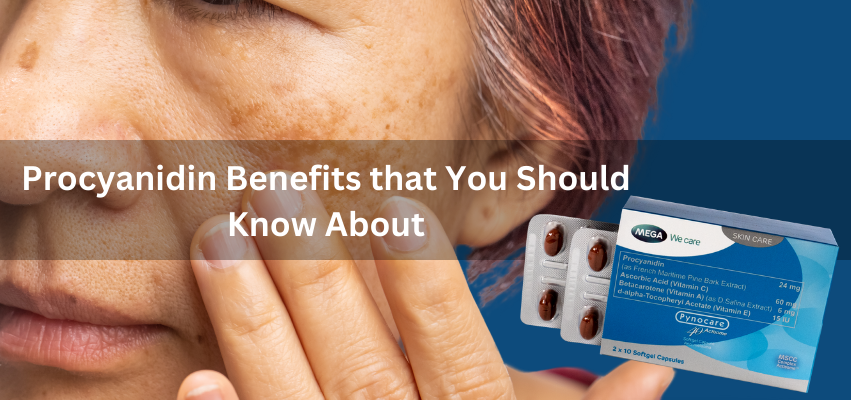

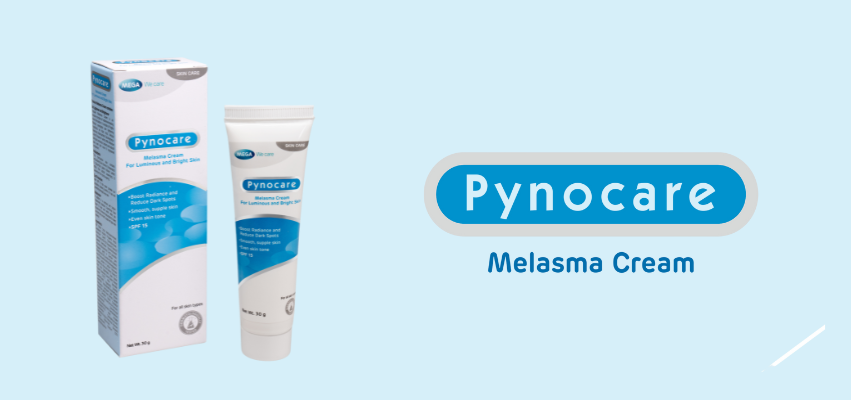
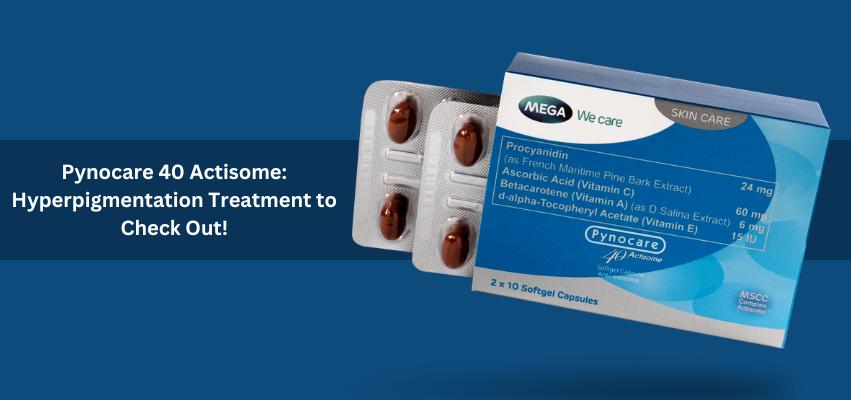


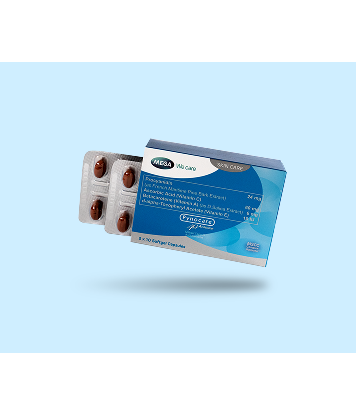
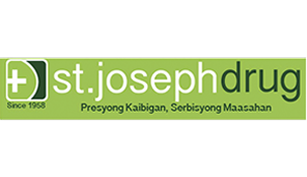

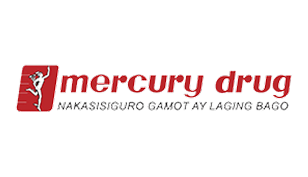
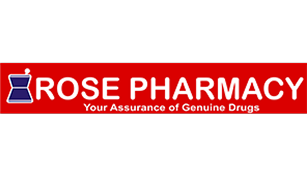







No Comments on Procyanidin Benefits that You Should Know About